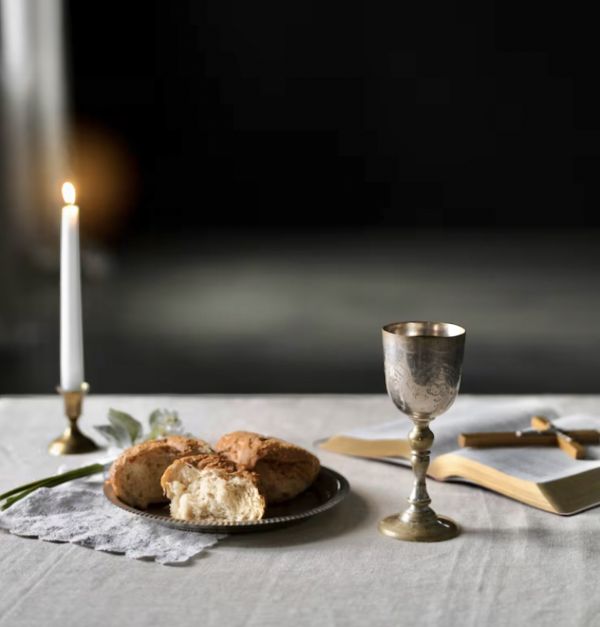Jesus answers John's disciples about fasting. Now the Bridegroom is with them and they will not fast; when he is taken from them they will fast.
Logic that breaks down the legalistic mentality.
In the Sources we have various passages that highlight the Poor Man of Assisi's way of acting on this subject.
The Minim forbade excesses.
Francis knew well how to discern between the importance of fasting and exaggeration in practising it.
In his life, never did form take the place of substance. The Franciscan Sources illustrate:
"Francis reproached his brothers who were too hard on themselves and who were exhausted by vigils, fasts, prayers and corporal penances [...].
The man of God forbade such excesses, admonishing those brothers lovingly and calling them to common sense, healing their wounds with the medicine of wise instructions [...].
He spoke with them, identifying himself with their situation, not as a judge then, but as an understanding father with his children and as a compassionate doctor with his own sick.
He knew how to be sick with the sick, afflicted with the afflicted" (FF 1470).
All this while being "a new man, [who] with new virtues renewed the way of perfection that had disappeared from the world" (FF 3162).
As a mature and profoundly human person, he knew how to help his brothers, evaluating the different situations he had before him.
In the Legend of the Three Companions: "However, when it was appropriate, he chastised those who committed offences" (FF 1470).
Francis had received, by Grace, the immeasurable gift of true discernment.
The Little One did not betray substance for form: he kept both in a sensible human and spiritual balance.
«But the days will come when the bridegroom will be taken away from them, and then they will fast» (Mt 9:15)
Saturday of the 13th wk. in O.T. (Mt 9:14-17)












